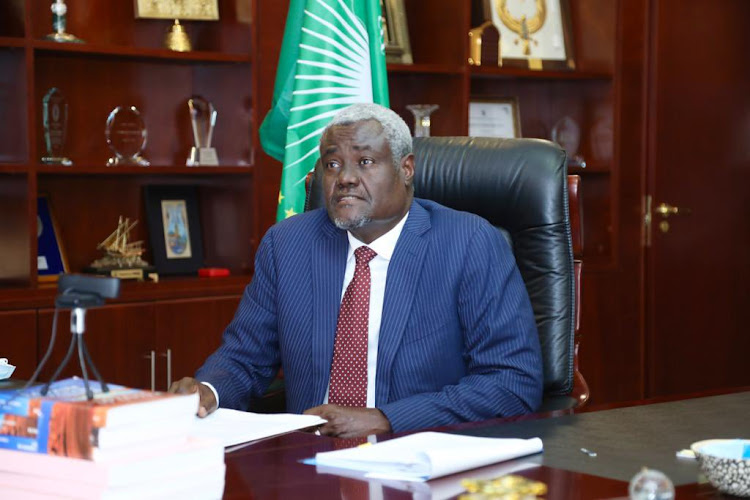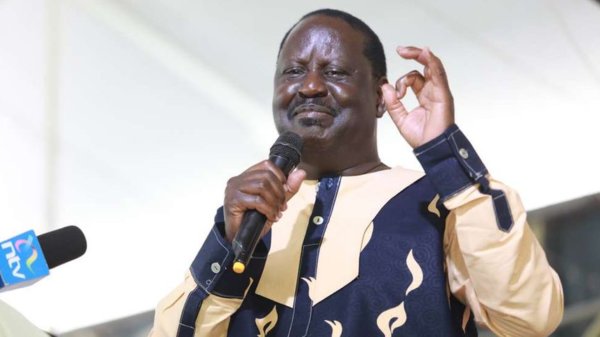
African Union Commision chairperson Moussa Faki
The African Union’s admission to the group of the worlds 20 major economies is a striking affirmation of Africa’s aspirations for a more prominent role on the global stage.
Last year, US President Joe Biden encouraged for the African Union’s permanent participation in the G20, saying it had been “a long time coming.”
On Saturday, Indian Prime Minister Narendra Modi revealed that the group has been invited to participate in the G20 summit that his country is hosting this week. The African Union has been pushing for full membership for seven years, according to spokesperson Ebba Kalondo. South Africa was the bloc’s sole G20 member until today.
Permanent G20 membership heralds the emergence of a continent whose young population of 1.3 billion is expected to double by 2050, accounting for one-quarter of the world’s population. The Au’s 55 member nations, which include the disputed Western Sahara, have pushed for substantial participation in global entities that have long represented a now-disappearing post-World War II order, such as the United Nations Security Council.
They also seek changes to a global financial system, including the World Bank and other institutions, that pushes African countries to pay more to borrow money than others, compounding their debt. Beyond the United States and the continent’s previous European colonial powers, Africa is increasingly pursuing investment and political attention from a new generation of global powers.
With full G20 membership, the AU can represent the world’s largest free trade zone on a continent. It is also extremely rich in the resources required to tackle climate change, to which Africa contributes the least but suffers the most.
Africa contains 60% of the world’s renewable energy assets and more than 30% of the minerals needed for renewable and low-carbon technology. According to a United Nations assessment on Africa’s economic development released last month, Congo alone holds about half of the world’s cobalt, a metal required for lithium-ion batteries.
Take Africa’s natural resources into consideration, and the continent is enormously affluent, Kenyan President William Ruto declared this week at the first Africa Climate Summit. The Nairobi meeting concluded with a request for financial institutions to treat developing countries more fairly, the delivery of rich countries’ long-promised $100 billion per year in climate financing for developing countries, and a global tax on fossil fuels.
Also Read: Why African Immigrants Should Continue Taking Covid 19 Precautions



































































